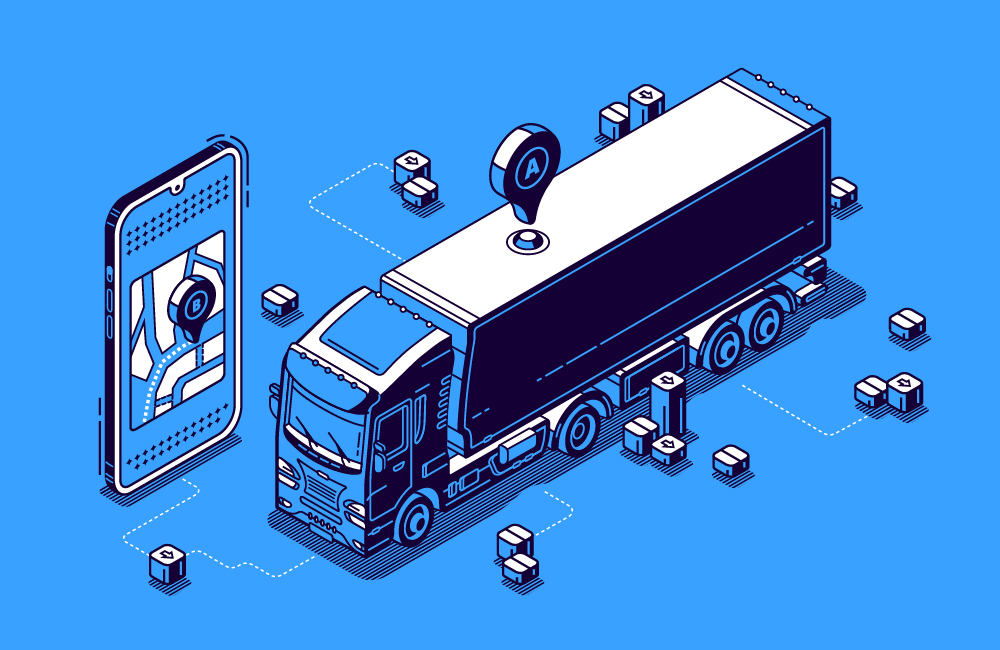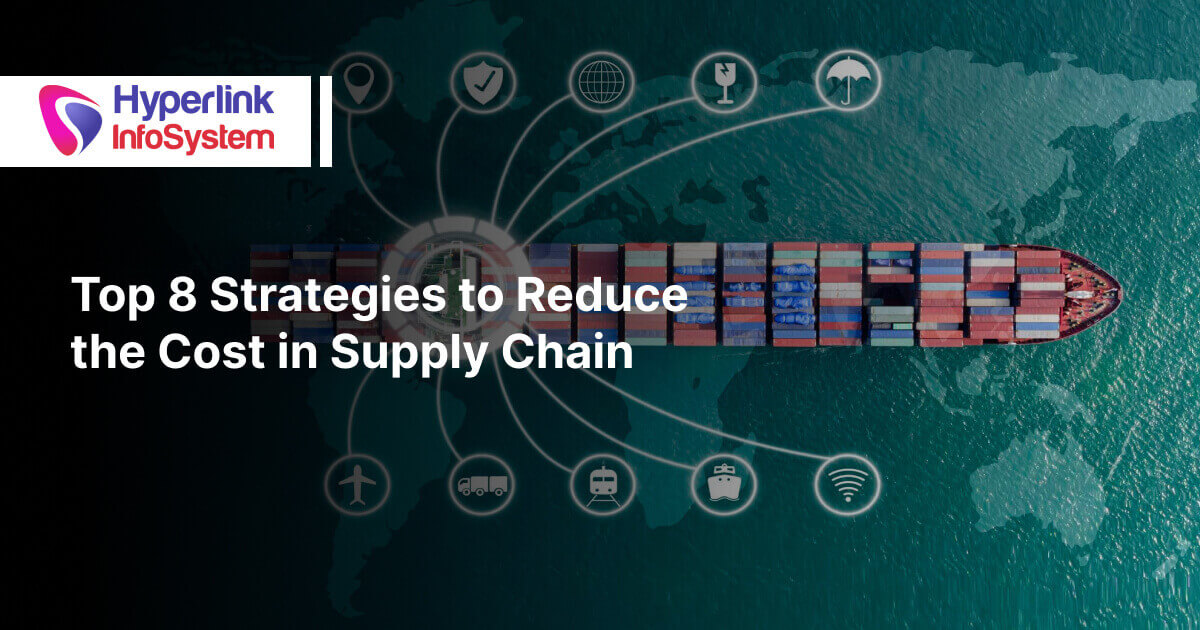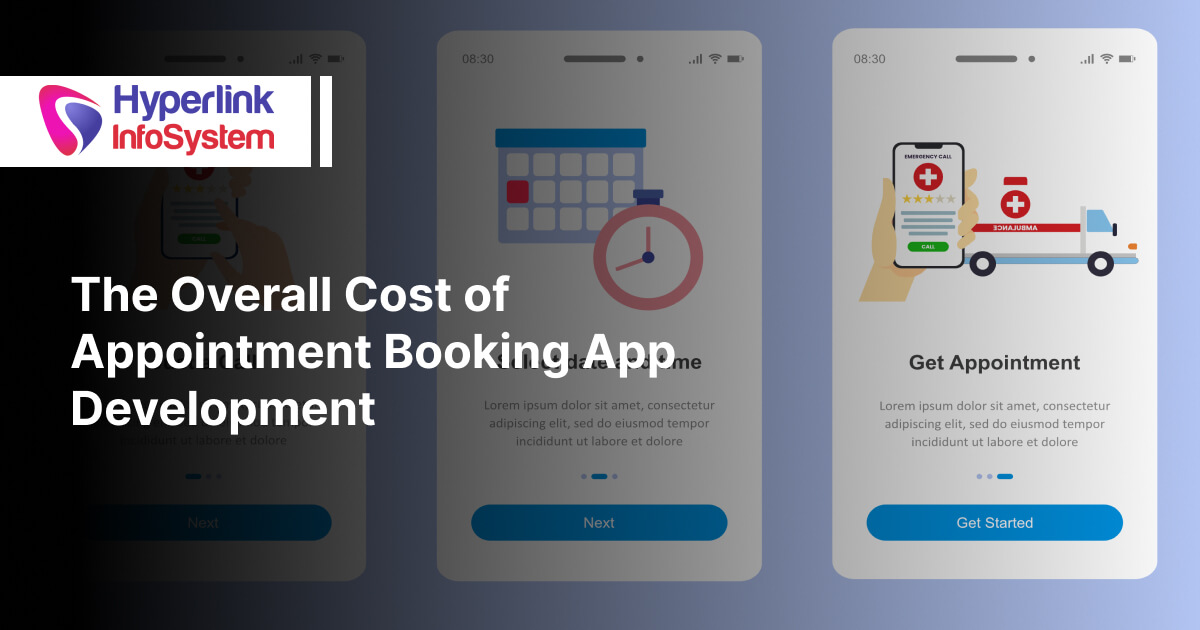Currently, talking about logistics and its processes is also talking about flexibility and mobility; two characteristics that find a perfect ally in mobile applications.
Logistics, and in general all the processes of which it is composed, is always in search of new solutions that allow it to achieve higher levels of effectiveness and efficiency in carrying out its different tasks.
This feature gives logistics processes an 'aura' of innovation that has repercussions on the constant application of new strategies and tools that allow permanent evolution.
Different technologies, such as radiofrequency identification (RFID), have found an ideal ecosystem for their development in logistics processes, largely due to the willingness of this industry to adopt new tools within its processes in order to make them increasingly productive.
This is also the case of mobile applications, which, hand in hand with other technologies, have found a great opportunity for growth and expansion in logistics processes, mainly due to their features of immediacy, portability and accessibility; all of them of great importance in logistics.
Custom Applications
Several companies dedicated to computer development have, a large number of possibilities in terms of mobile application development within their portfolios, which may include package traceability, inventory management and shipment control among other tools; all within one piece of programming hosted on a smartphone or tablet.
On the other hand, technological giants like Google provide tools with which organizations can carry out developments internally; an added value, especially when adjusting the tools to the needs and reality of an organization.
Google Maps Coordinate is one of these powerful tools, since it allows coordinating work teams by assigning tasks to each of its members according to their geographic location, which generates much more efficient workflows.
The development of mobile applications for the transport and logistics industry has many advantages such as:
Better Visibility
The development of logistics applications offers better visibility throughout a company's supply chain. It also enables the company to track and trace fleets, record driver behavior, and inform drivers once deliveries are completed. In this way, you save time and money wasted on track and trace.
Highly Profitable
Fleet management processes such as warehouse management, support and communication, time management, route optimization, and departmental task management will be automated with mobile technology. It will help reduce fuel costs and build effective communication to improve productivity.
Logistics Software Development Services
Warehouse Management
Hyperlink InfoSystem creates AI-enabled warehouse management applications that help logistics tracking software in better inventory management and improve transparency.
Logistics Data Exchange
We develop and deliver scalable blockchain applications that will bring transparency to your entire financial ecosystem and ensure security.
Functions of Logistics
The transportation of goods is considered the most important factor in this method of managing transmission processes. No company can do it without the ability to deliver finished products directly to the customer. It is no secret that the logistics actions of inventory management guarantee greater flexibility of the organization. Inventory management is a factor by which it is possible to improve the quality of logistics services for participants in business relationships. In relation to the presence of factors that affect the efficiency of the movement of goods, it is necessary to perform the following logistics functions:
Geographic specialization.
Consolidation of resources.
Balance between supply and demand.
Protection against uncertainty.
Distinctive Features of The Operation of Logistics Systems
The operation that completes the entire logistics process is order processing. Logistics makes the process of obtaining the necessary data much faster and also significantly improves the level of service. Most delivery companies use logistics operations, integrating logistics functions in the territorial area based on product orientation, which can help manufacturers reduce the cost of transporting the finished product, its storage, and improve the quality of logistics services.
The main distinguishing characteristics of the operation of logistics systems are:
Active demand for goods.
Great service requirements.
The presence of intermediaries.
Short distance between the warehouse network and the customer.
Carrying out a successful promotion of goods to the market is impossible without solving the problems associated with logistics services.
The logistics is of great importance in the globalization of production and trade. As a result, the greatest need of every organization in logistics arises, because most of the costs are, for example, transportation costs. If in this case the organization begins to look for economic resources abroad, the part of the logistics costs increases.
Characteristics of Native Applications
Access To The Platform
Native applications take advantage of functionality at a level that hybrid applications cannot. Native apps also have the advantage that they allow the use of the advanced functions of each platform and also take advantage of the graphics processors.
Native applications do not usually use plugins, this is beneficial for their development since their creation times are shortened. Usability and flexibility will always be superior in native applications over hybrid applications.
Performance
Native applications provide smooth scrolling, advanced animations, and lists with complex transitions, and they tend to consume less memory than hybrid applications.
Another aspect to bear in mind is that system services are not supported in hybrid applications and background tasks are limited to the network.
 +1 309 791 4105
+1 309 791 4105















































 +91 8000 161161
+91 8000 161161
